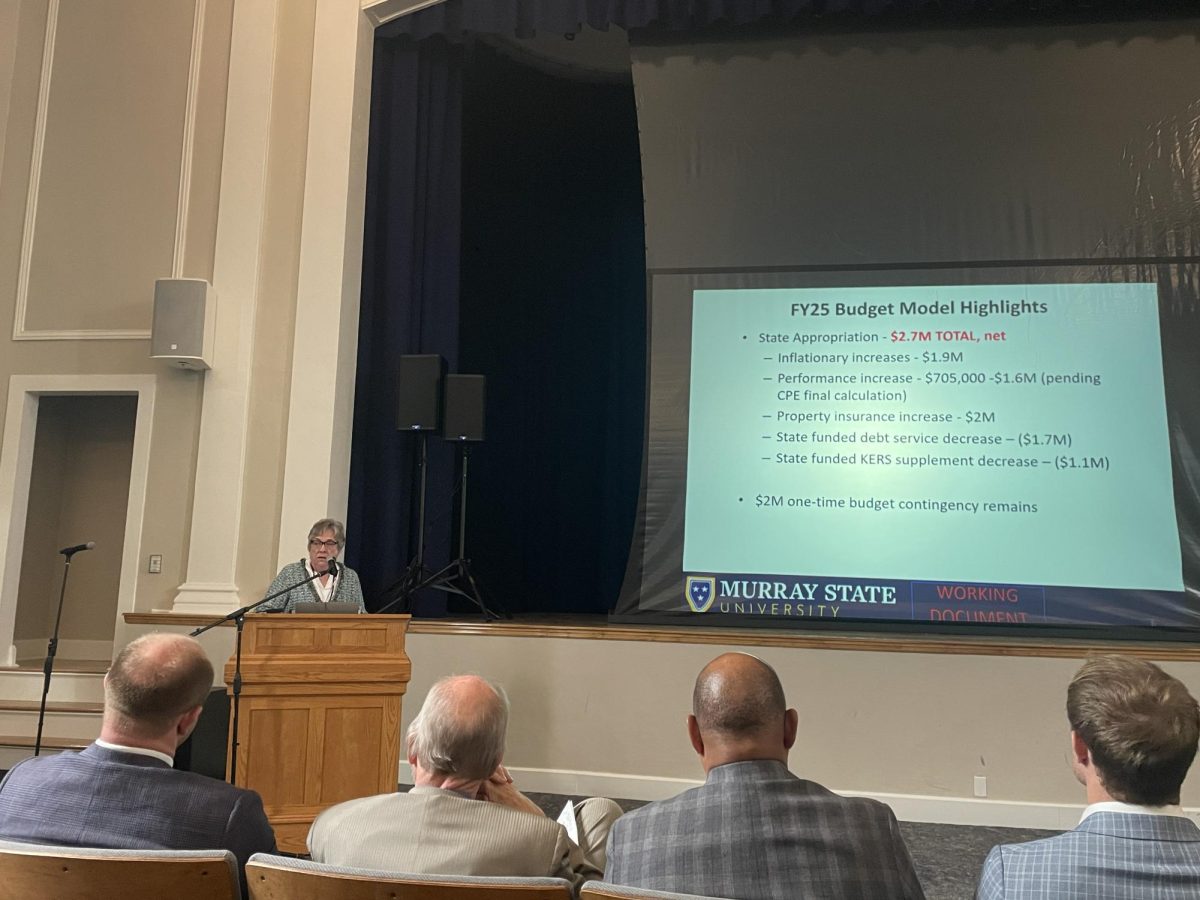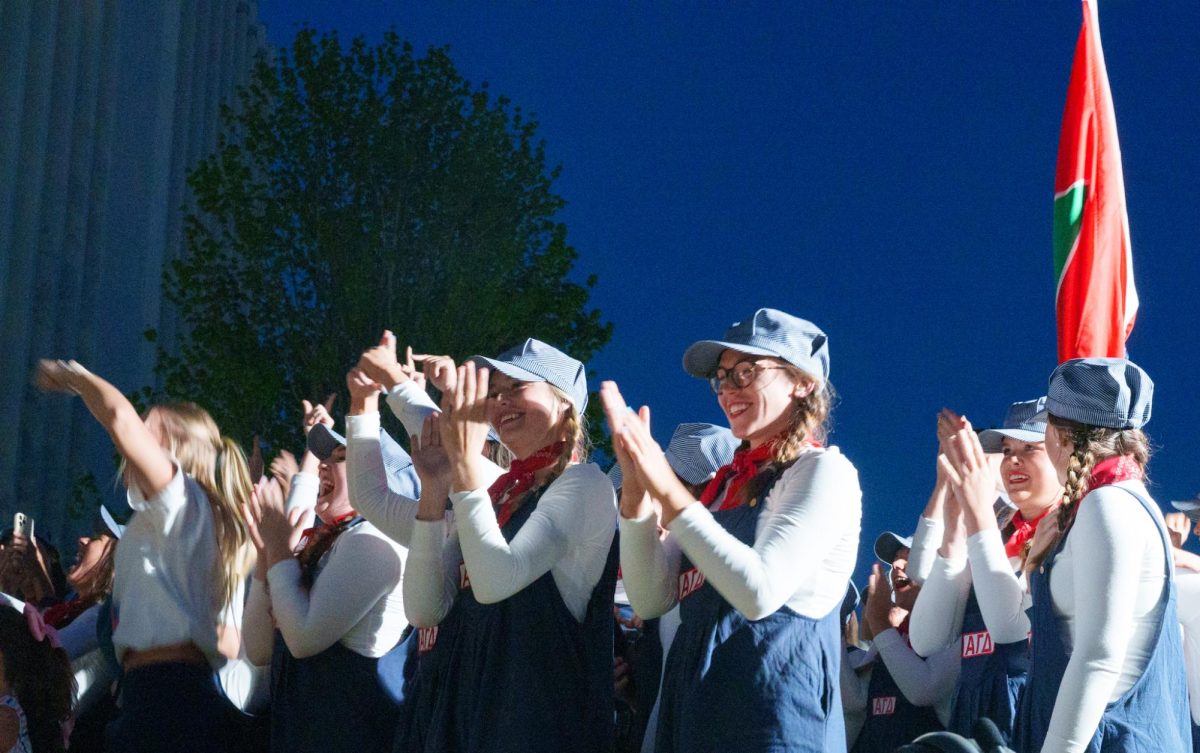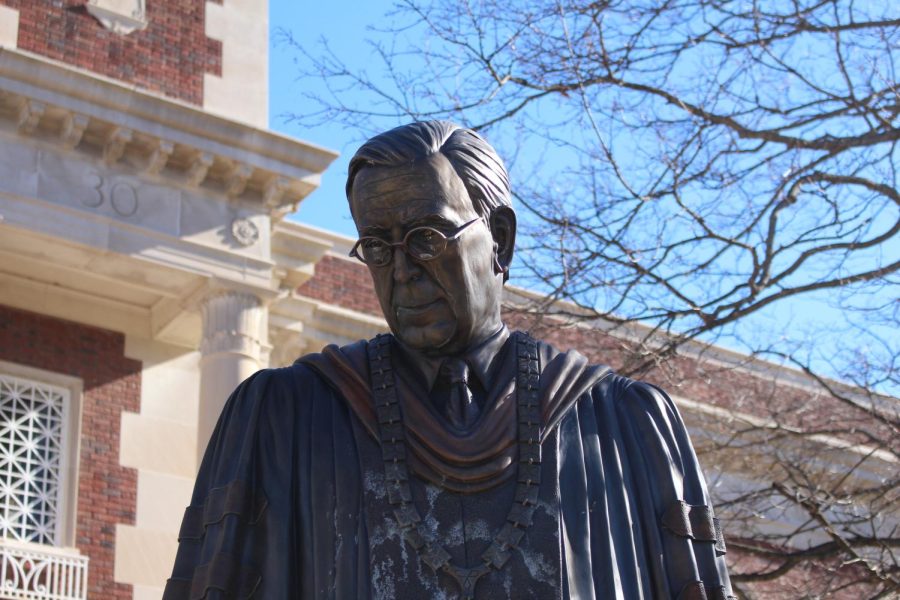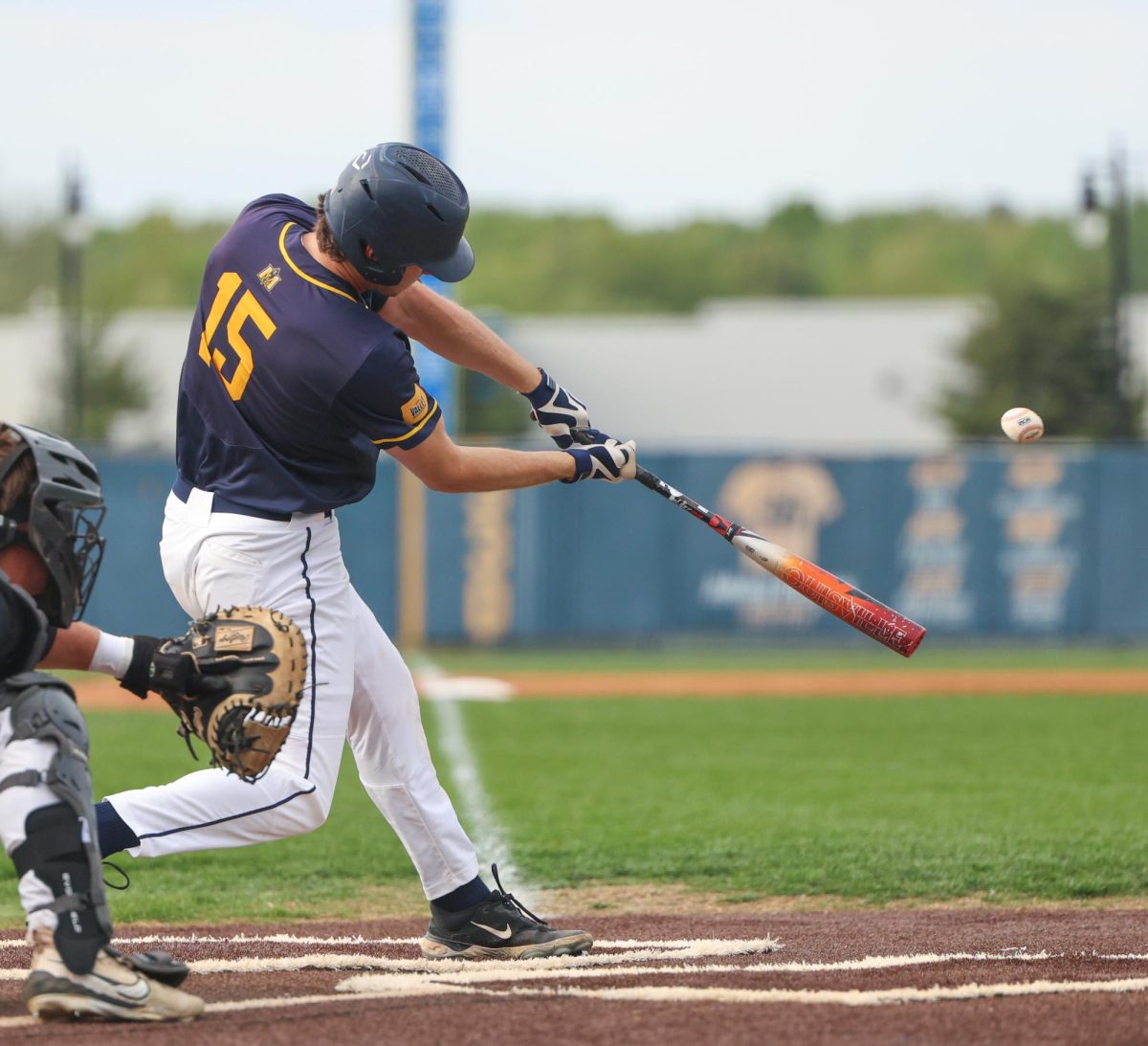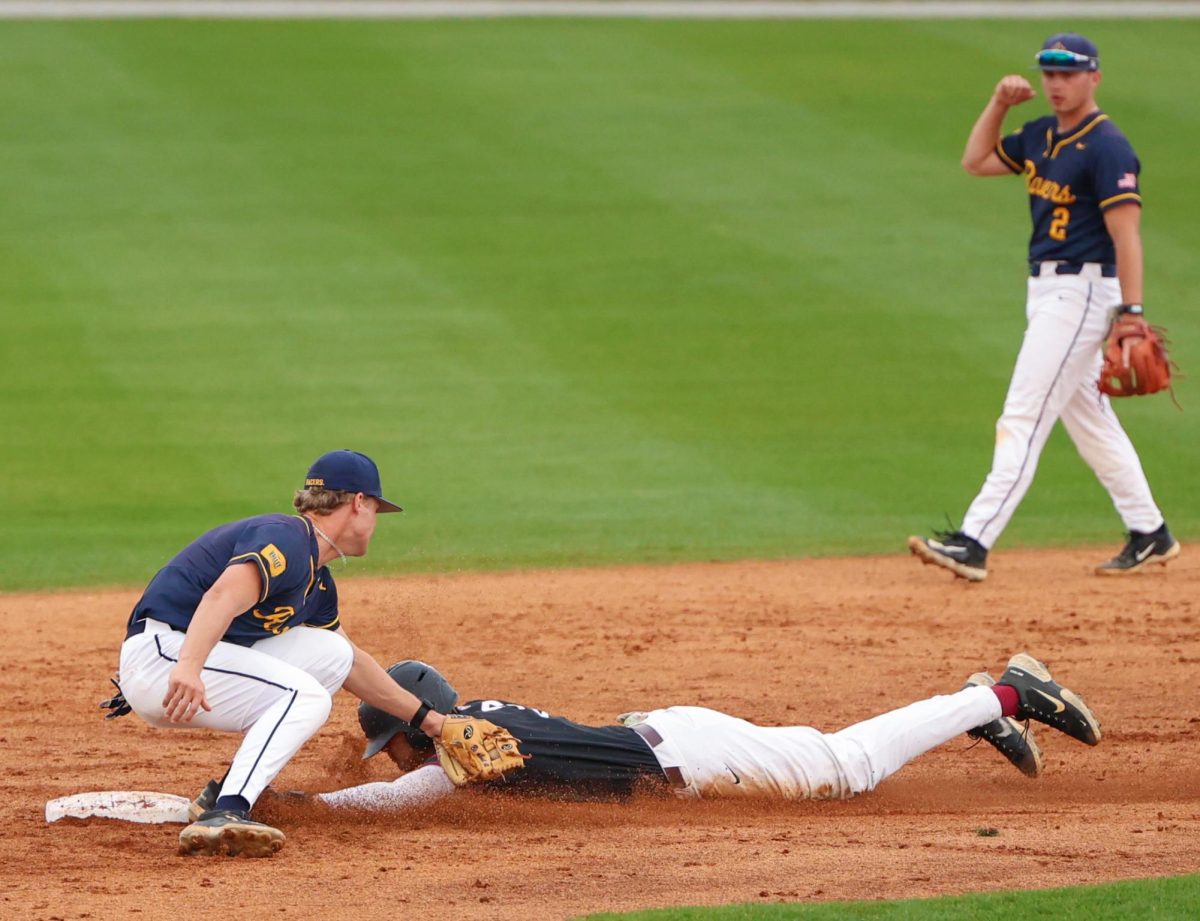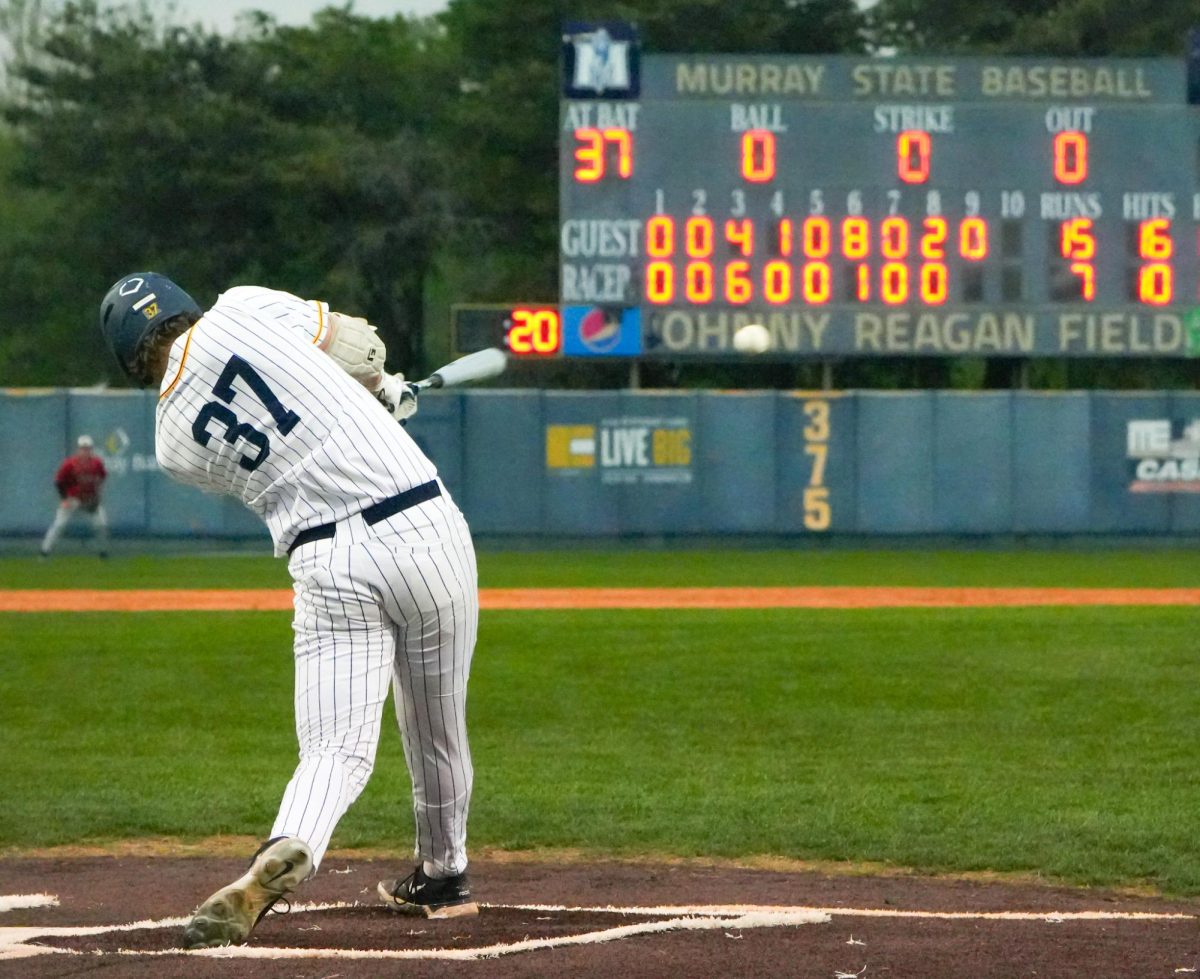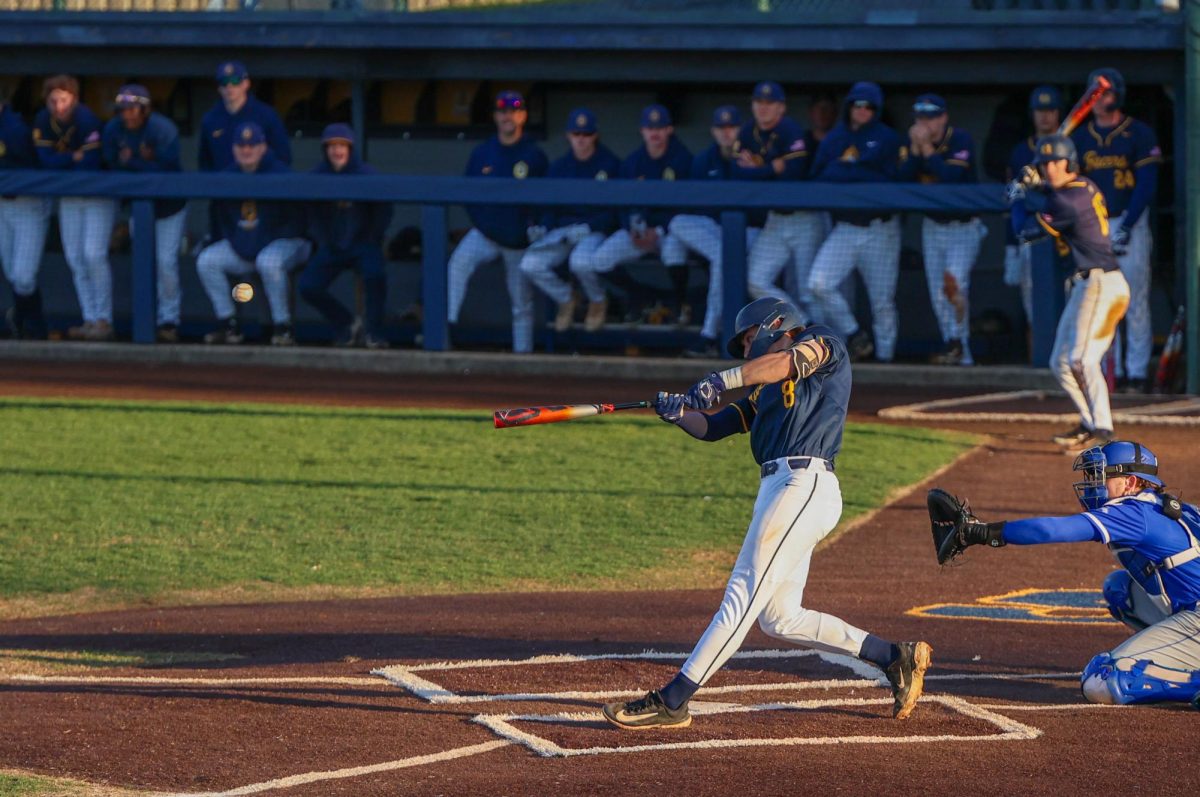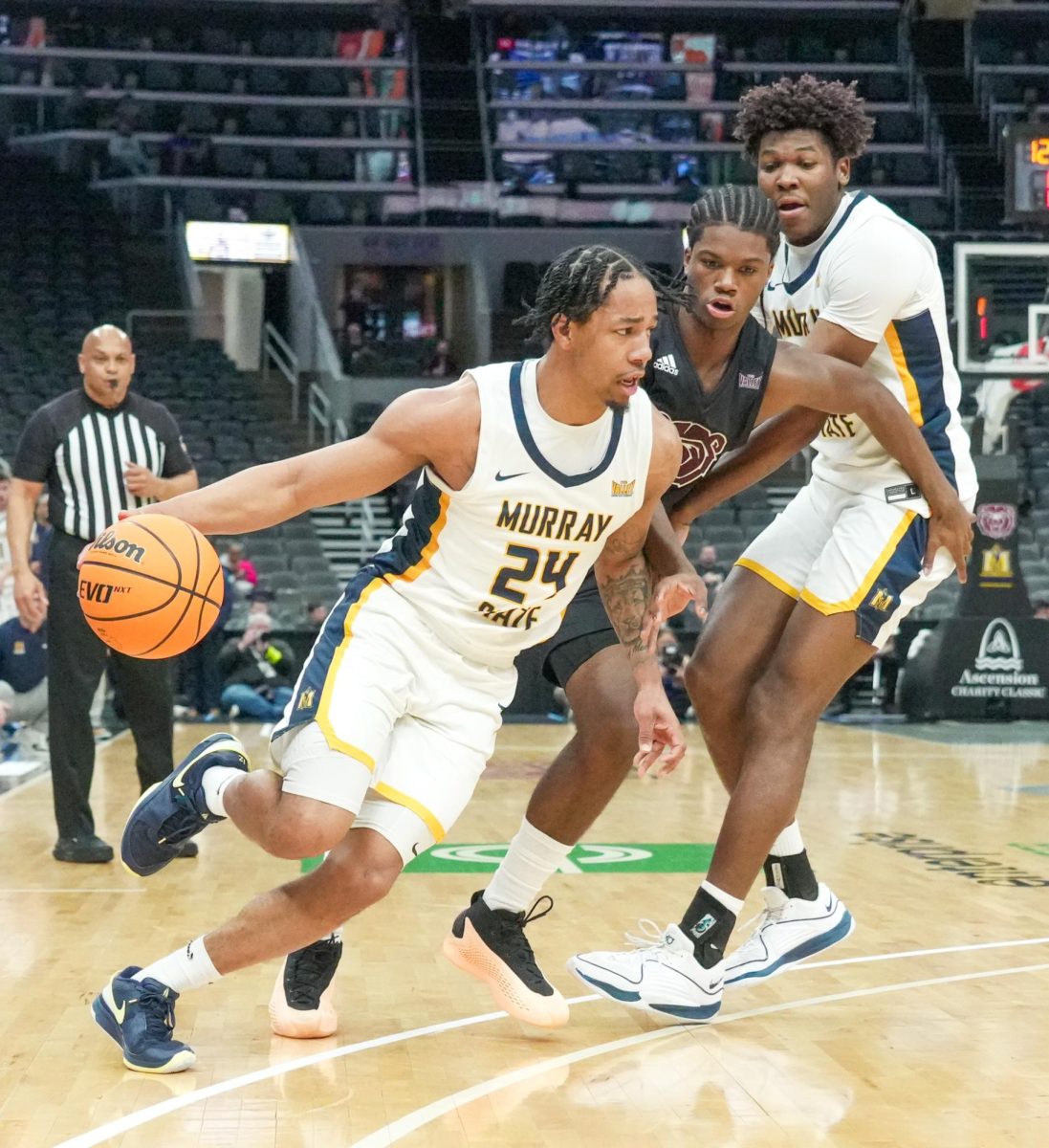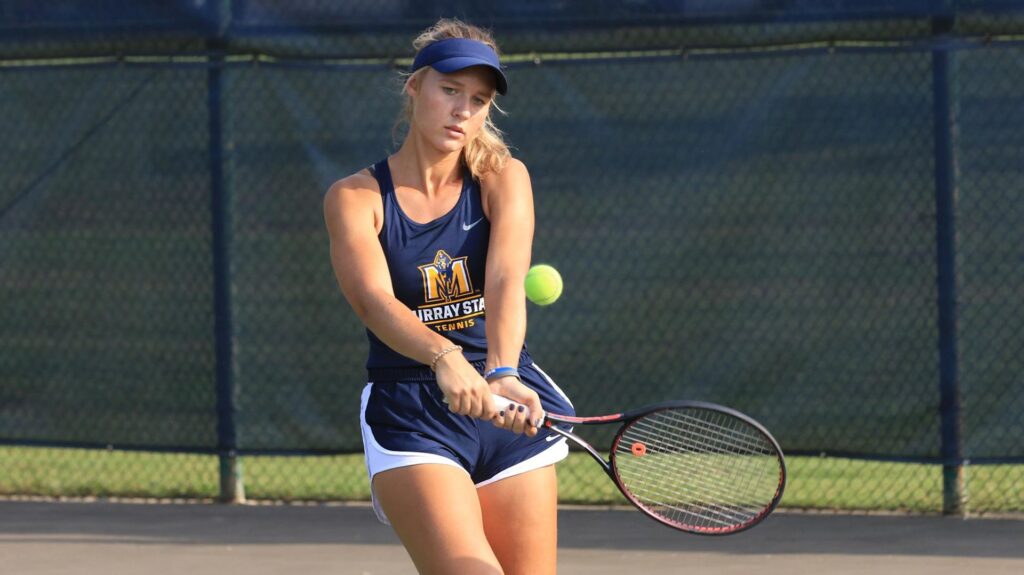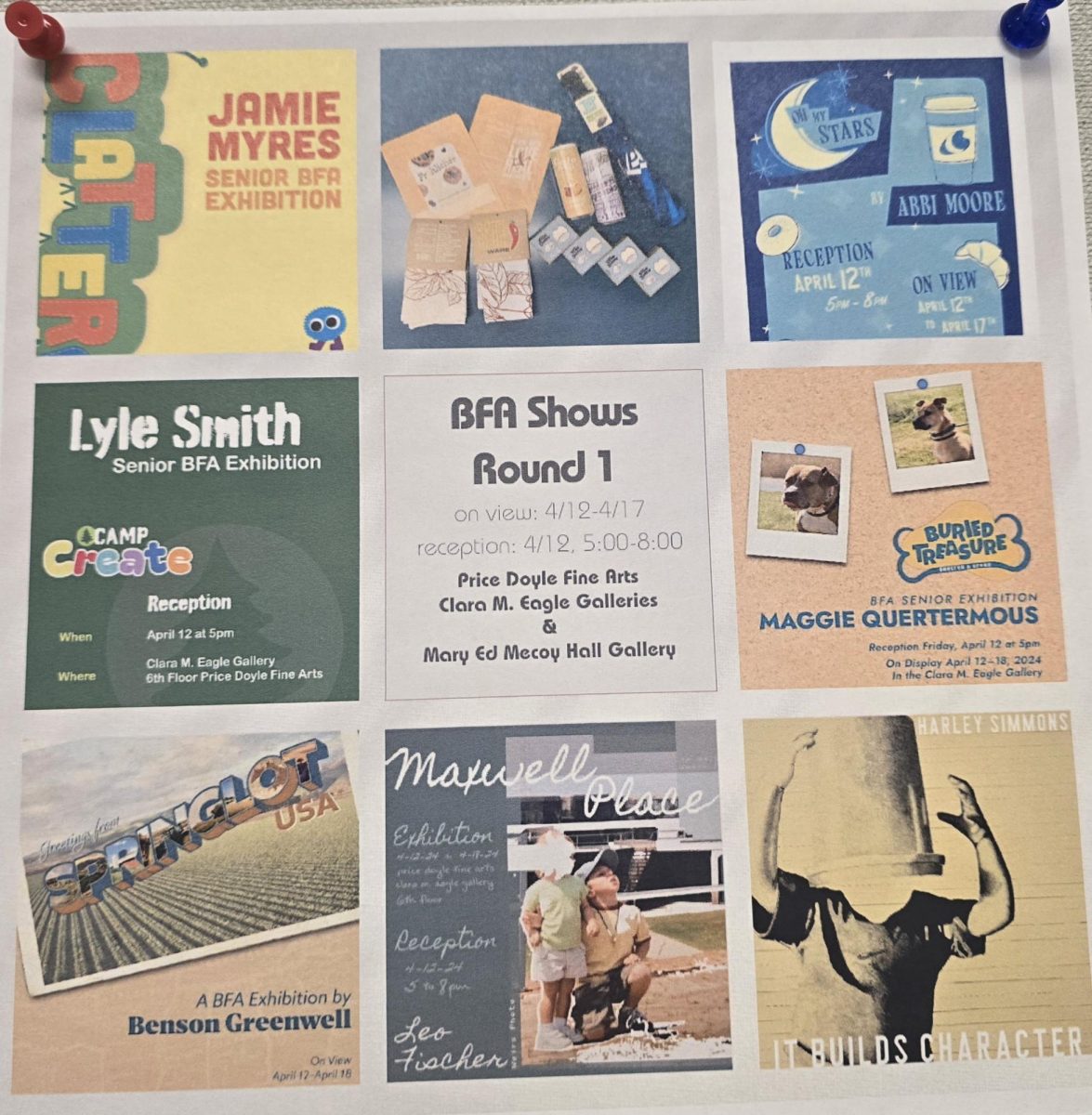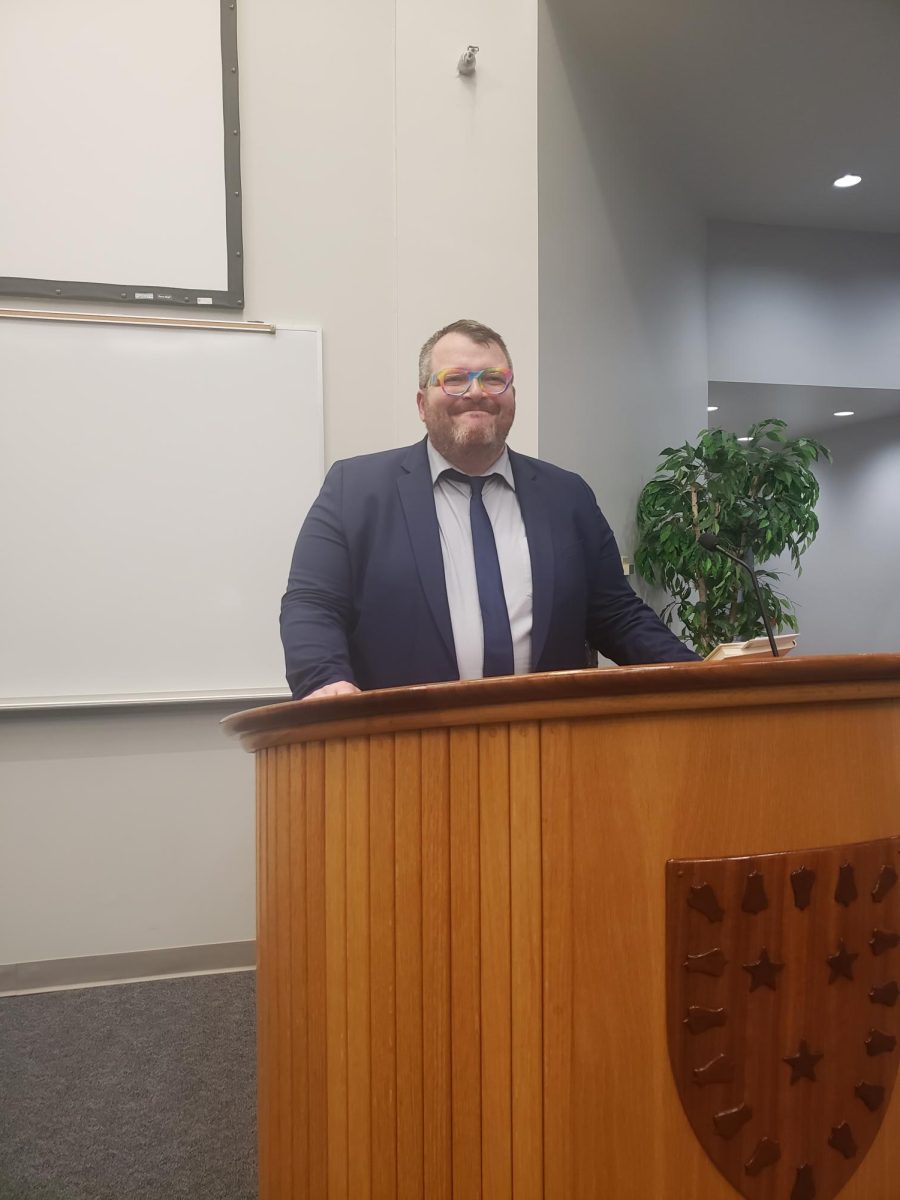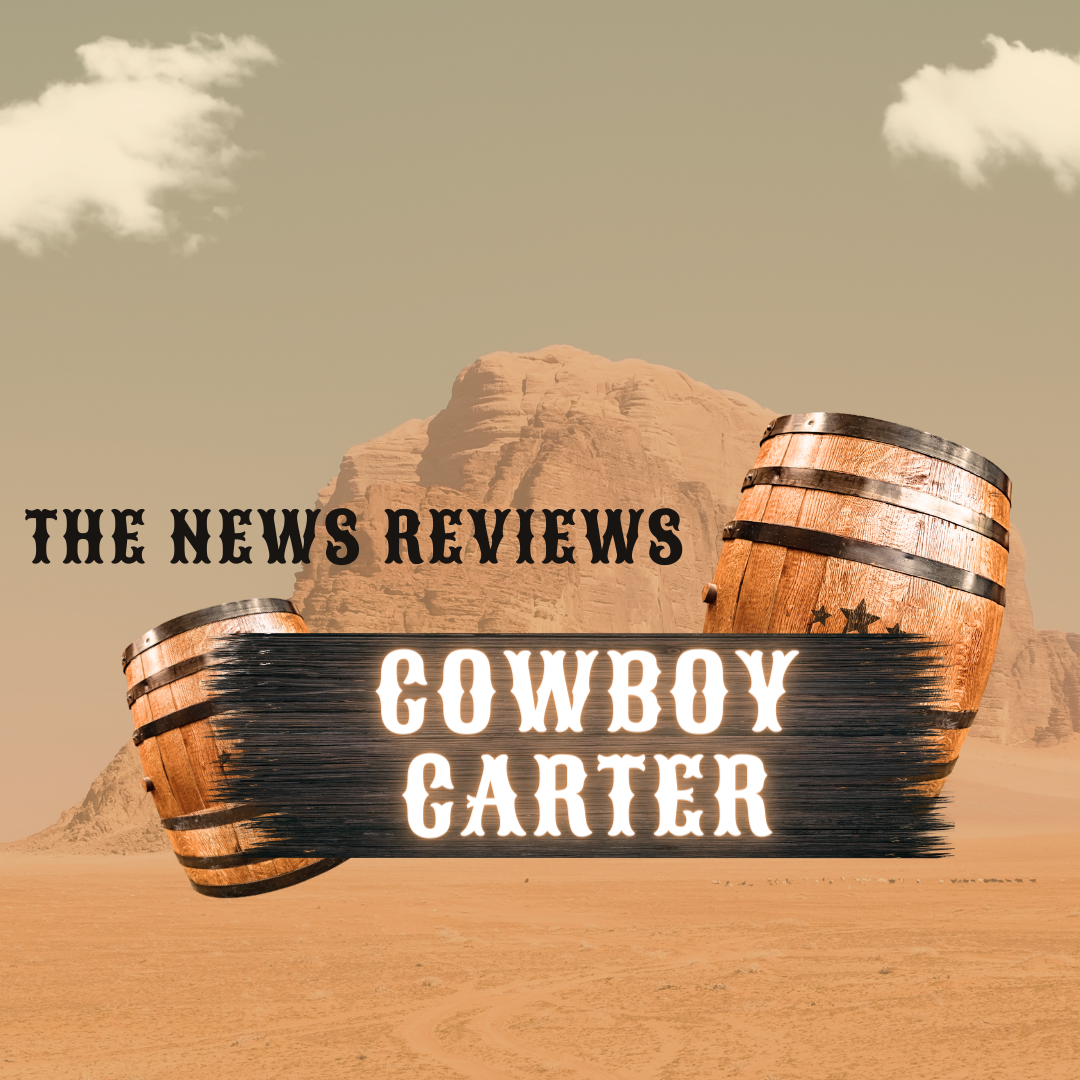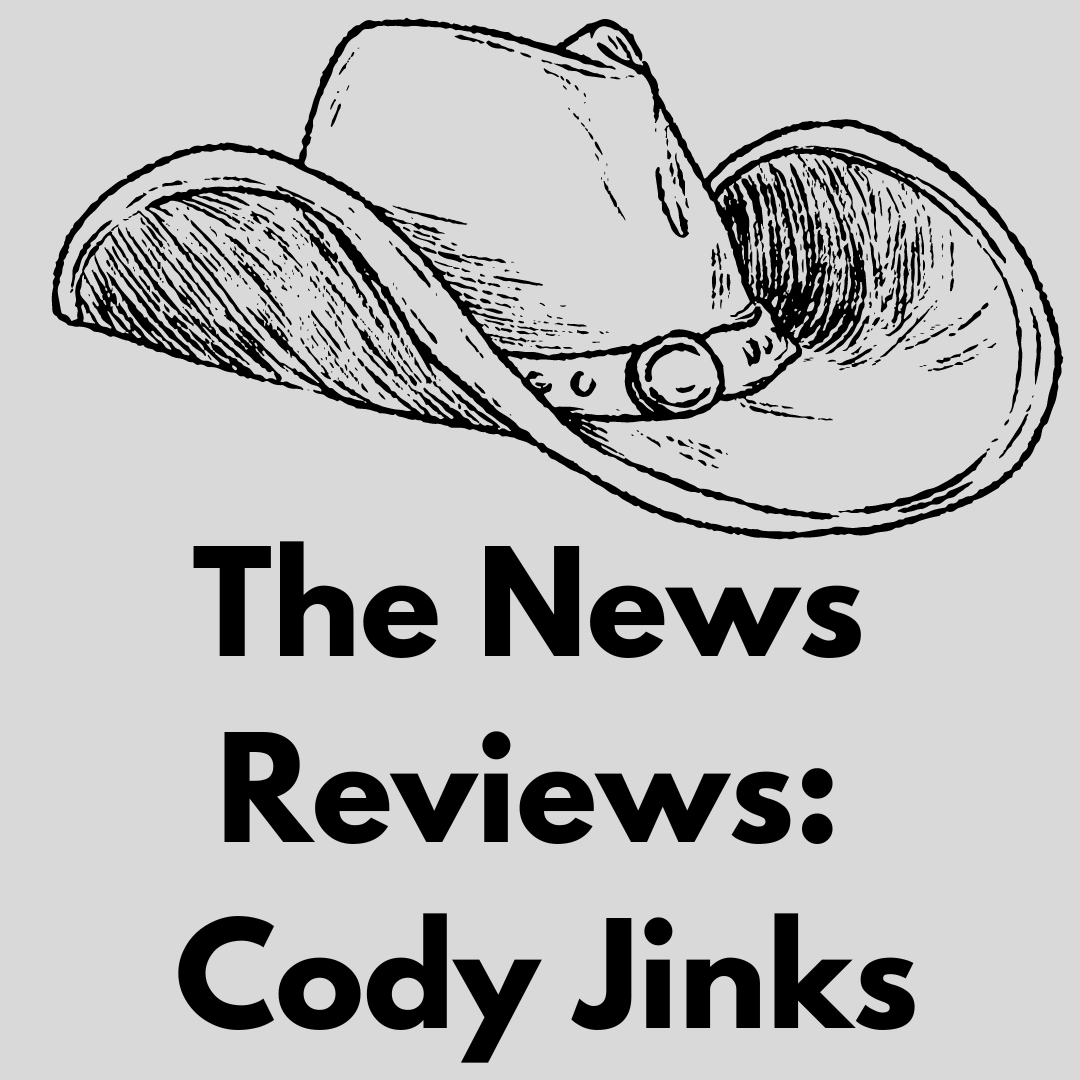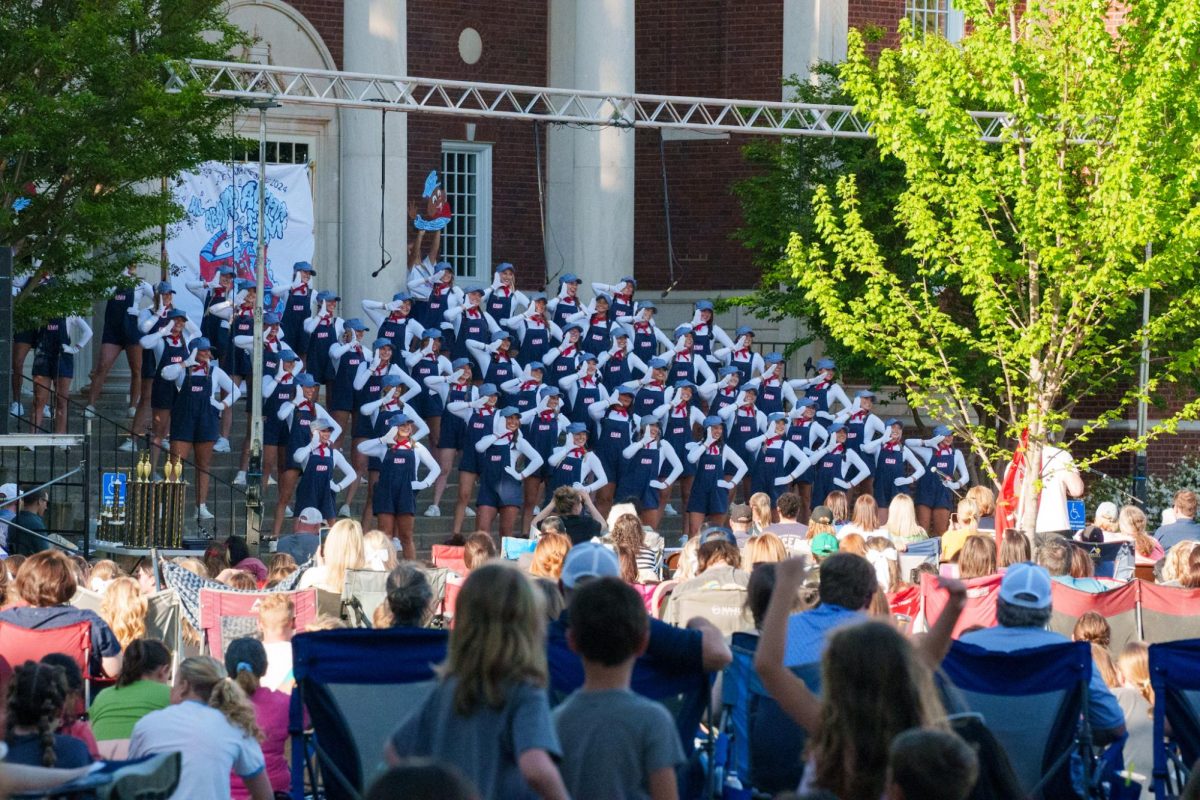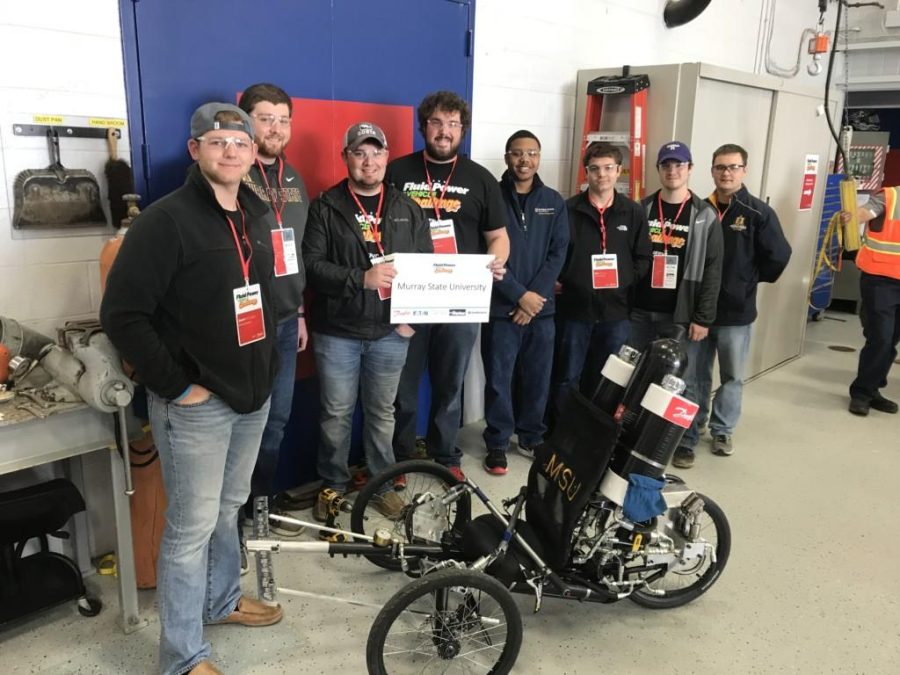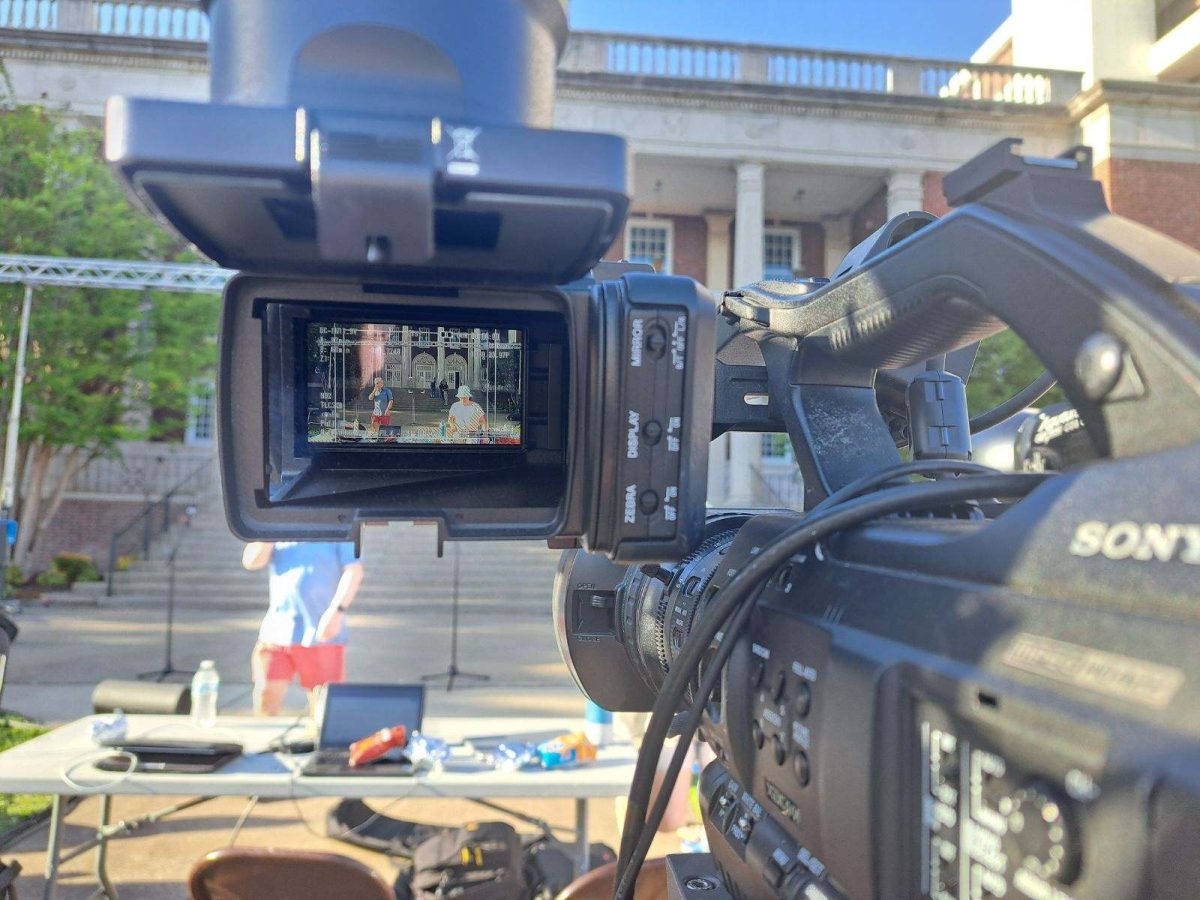Ashley Traylor
Editor-in-Chief
[email protected]
A group of engineering students have more money in their pockets and a national award to add to their resumes.
The Murray State team won the 2018 National Fluid Power Association’s Vehicle Challenge Competition in Ames, Iowa which was held on April 12 and 13.
Students built a 3-wheeled recumbent bike powered by hydraulics for the competition.
Joe Irby, senior electromechanical engineering technology major, said Murray State was the only team to have a 3-wheeled bike at the national competition.
The team was made up of seven students: Irby, Kevin Mackie, Grant McCuiston, Cooper Lindberg, Evan Kellems, Kyle LeBarron and Joey Caldwell. Lecturer in the Institute of Engineering, Bryant Harrison was the faculty adviser. Harrison said fellow Lecturer Jake Hildebrandt also played a major role in preparing the students.
“This is done as part of a senior design project,” Harrison said.
The project is broken up into two classes, the fall senior project and the spring senior project.
Harrison said the students enrolled in the fall semester are responsible for building the prototype and the students in the spring make the final product and attend the national competition. However, he said students from the fall class also made the trip to Iowa.
The contest rules state that the teams must use hydraulics to power their vehicles. Therefore, the students are free to design anything they want with the hydraulic circuit.
Irby said he learned about more than just engineering throughout the competition.
“As a team, we learned how to meet deadlines and get things accomplished in a timely manner [by] contacting companies and figuring out what parts we needed and then contacting them and getting the parts and putting them to use,” Irby said.
He also said the competition is an excellent networking opportunity for engineering students who are about to graduate.
The students spent five days in Iowa for the competition, which was sponsored by Danfoss, a global producer of products and services headquartered in Denmark.
Irby said one of the highlights of the competition was getting to show the engineers of Danfoss their design.
“Every night we were up there they were hanging out with us and we got to talk to them and learn a lot from them,” Irby said.
While this is Murray State’s second time winning in about ten years, Harrison said there was one thing that made this team stand out over all of the competitors, past and present.
“What was really unique this year, and no team has ever done in the history of this competition, and there have been lots of teams over lots of years, is that they decided to actually power the bike by pumping with their core and their arms,” Harrison said. “The main thing that does for them is that is allows them to have a greater efficiency by using hand pumps. That is a pretty unique design and the judges were absolutely blown away with the thought that went into that because it did make the bike much more efficient.”
Other schools that participated included Purdue University, Milwaukee School of Engineering, West Virginia Tech and the University of Cincinnati, among others.
“It says a lot about our program, about electrical mechanical engineering technology,” Harrison said. “These guys are competing against schools like Purdue that produce some of the best engineers in the world and these guys went up against Purdue and won.
They are all excellent engineering schools and these guys are going up there and representing Murray State very well.”
Not only did the Murray State students come home as the overall challenge winners, but they also won the sprint race and the efficiency challenge.
In the sprint race, which Harrison described as a drag race, the team that came in second behind Murray State took almost double the time to cross the finish line. Irby said it was because they were able to store more power in their vehicle, which Harrison said shows the efficiency of the vehicle Murray State students created.
The overall challenge award is $3,000, which will be split among the seven students who worked on the project. The sprint race and the efficiency challenge both come with $1,000 awards. However, NFPA restricts the number of additional competitions a team can receive money for winning, aside from the overall challenge, to one, in an attempt to prevent one team from sweeping the competition.
The bike is on display in the Information Technology building.



